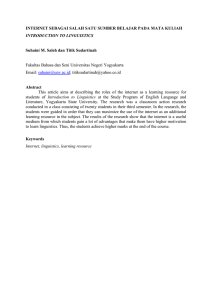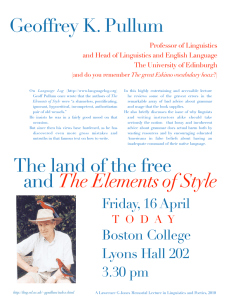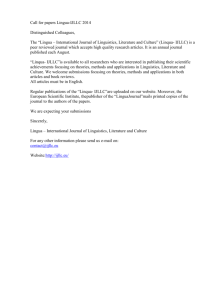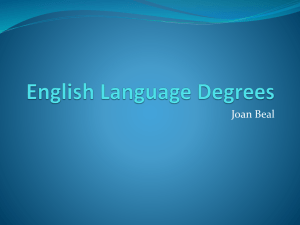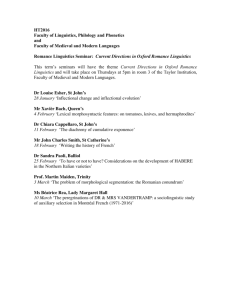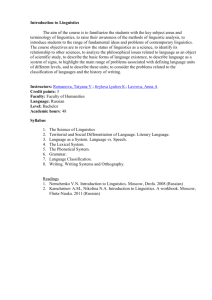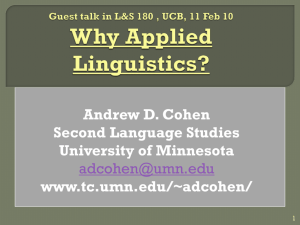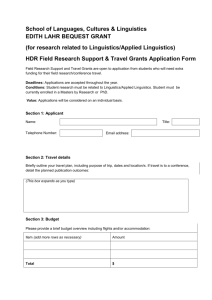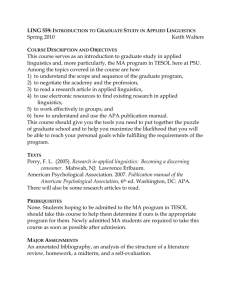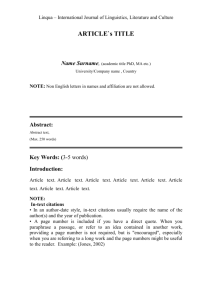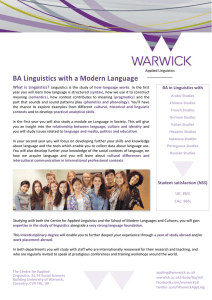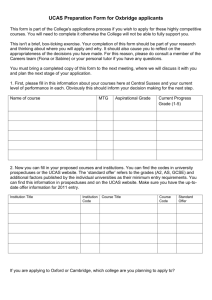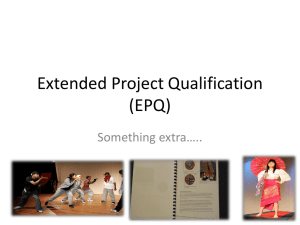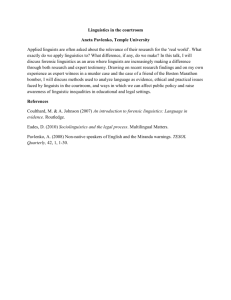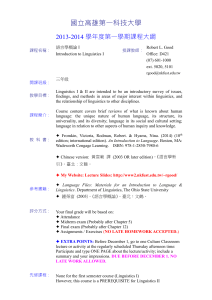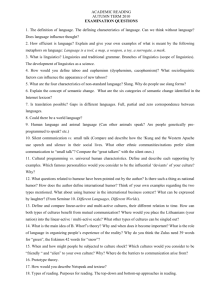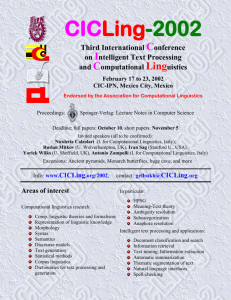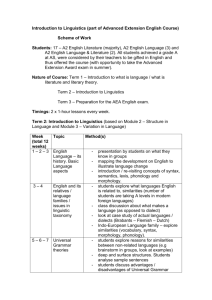English Language - Thomas Hardye School
advertisement
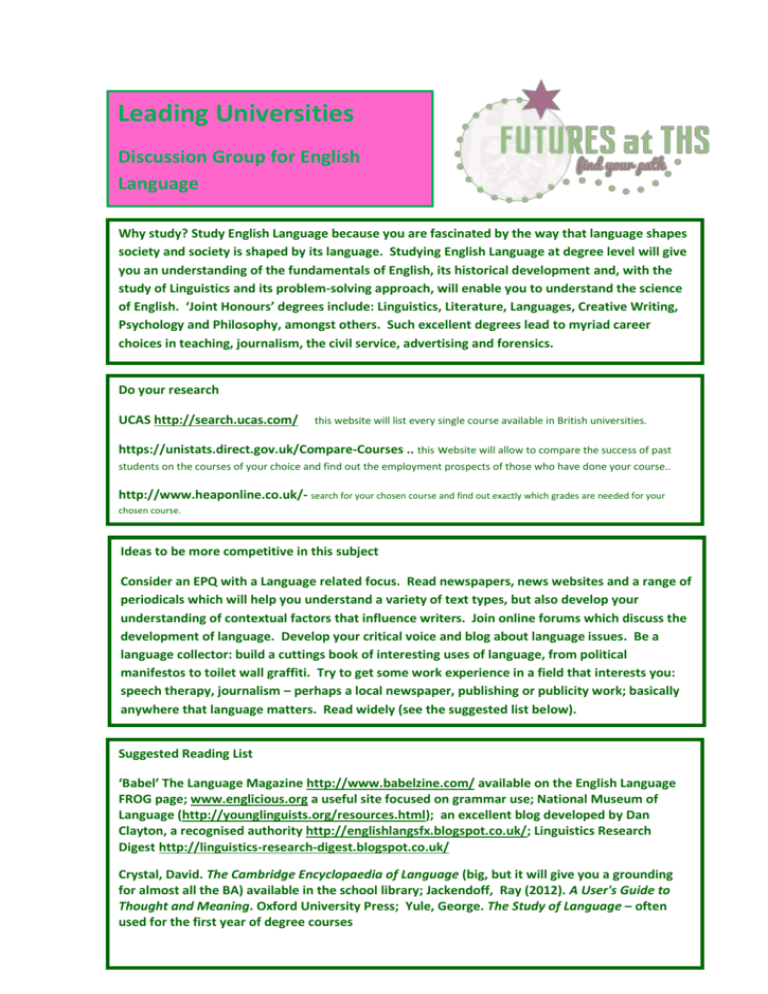
Leading Universities Discussion Group for English Language Why study? Study English Language because you are fascinated by the way that language shapes society and society is shaped by its language. Studying English Language at degree level will give you an understanding of the fundamentals of English, its historical development and, with the study of Linguistics and its problem-solving approach, will enable you to understand the science of English. ‘Joint Honours’ degrees include: Linguistics, Literature, Languages, Creative Writing, Psychology and Philosophy, amongst others. Such excellent degrees lead to myriad career choices in teaching, journalism, the civil service, advertising and forensics. Do your research UCAS http://search.ucas.com/ this website will list every single course available in British universities. https://unistats.direct.gov.uk/Compare-Courses .. this website will allow to compare the success of past students on the courses of your choice and find out the employment prospects of those who have done your course.. http://www.heaponline.co.uk/- search for your chosen course and find out exactly which grades are needed for your chosen course. Ideas to be more competitive in this subject Consider an EPQ with a Language related focus. Read newspapers, news websites and a range of periodicals which will help you understand a variety of text types, but also develop your understanding of contextual factors that influence writers. Join online forums which discuss the development of language. Develop your critical voice and blog about language issues. Be a language collector: build a cuttings book of interesting uses of language, from political manifestos to toilet wall graffiti. Try to get some work experience in a field that interests you: speech therapy, journalism – perhaps a local newspaper, publishing or publicity work; basically anywhere that language matters. Read widely (see the suggested list below). Suggested Reading List ‘Babel’ The Language Magazine http://www.babelzine.com/ available on the English Language FROG page; www.englicious.org a useful site focused on grammar use; National Museum of Language (http://younglinguists.org/resources.html); an excellent blog developed by Dan Clayton, a recognised authority http://englishlangsfx.blogspot.co.uk/; Linguistics Research Digest http://linguistics-research-digest.blogspot.co.uk/ Crystal, David. The Cambridge Encyclopaedia of Language (big, but it will give you a grounding for almost all the BA) available in the school library; Jackendoff, Ray (2012). A User's Guide to Thought and Meaning. Oxford University Press; Yule, George. The Study of Language – often used for the first year of degree courses


